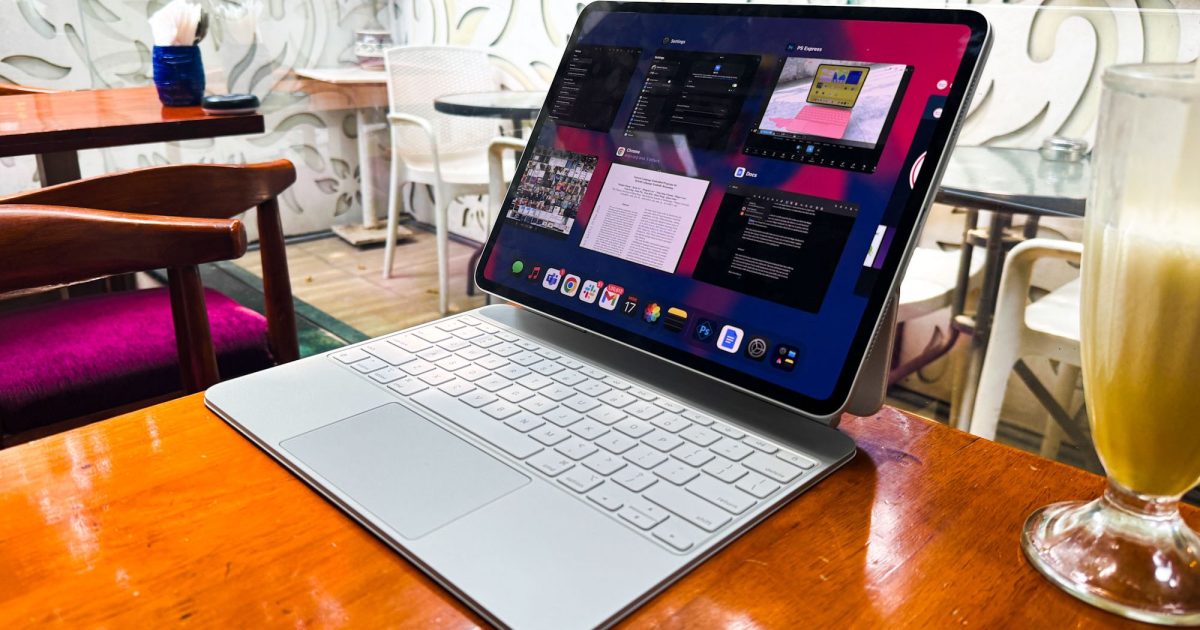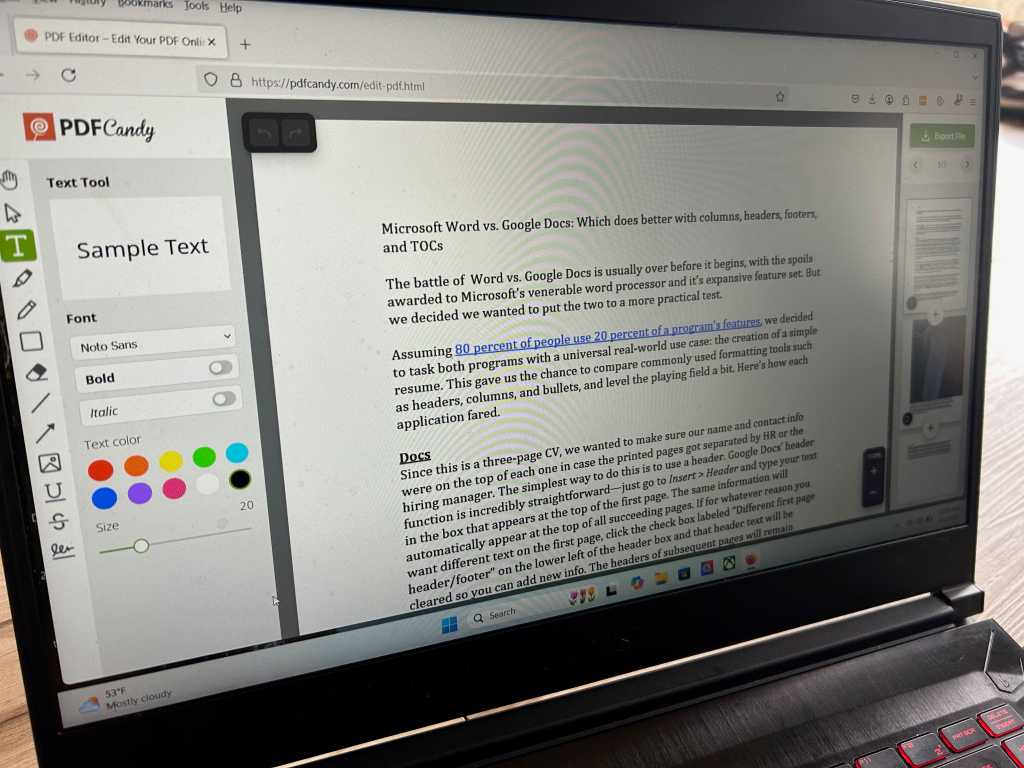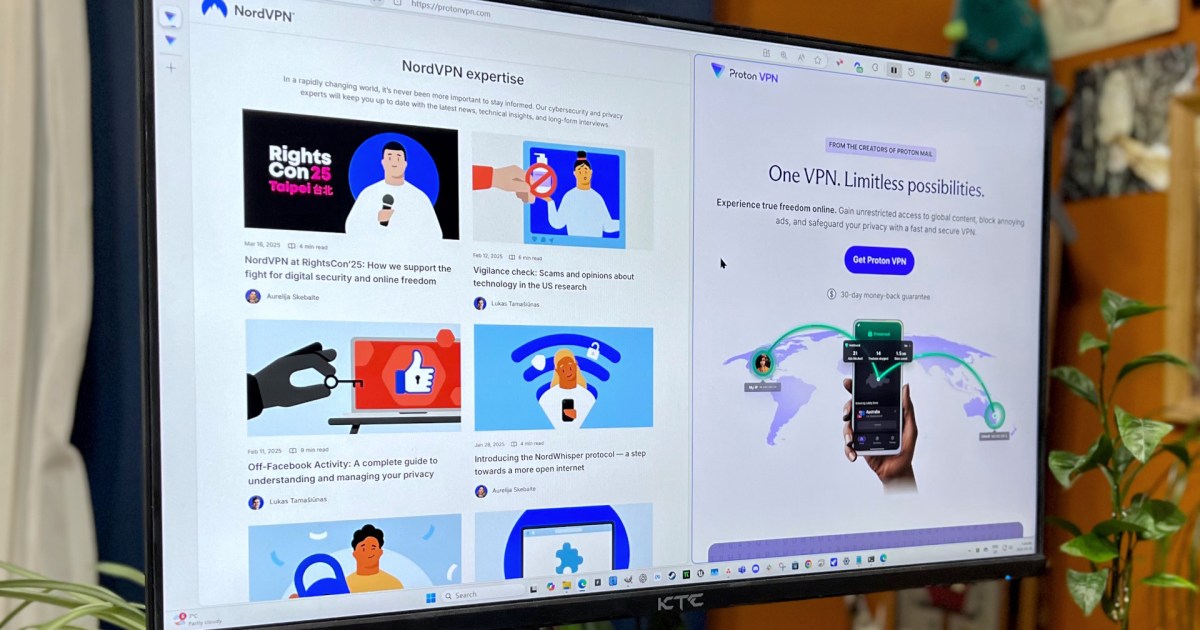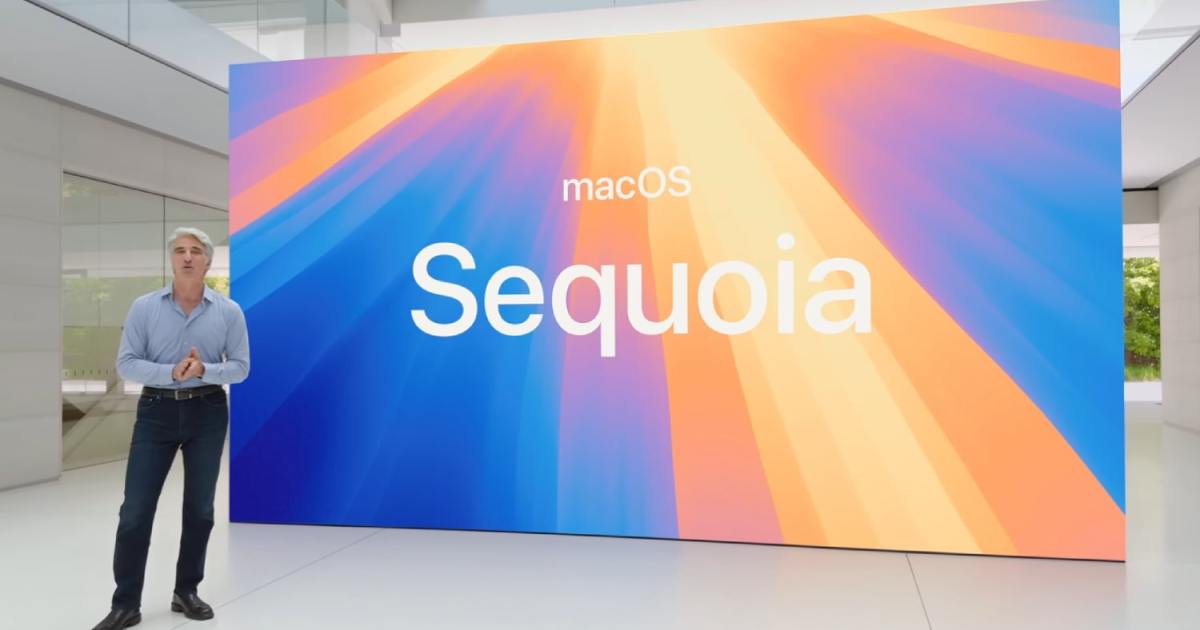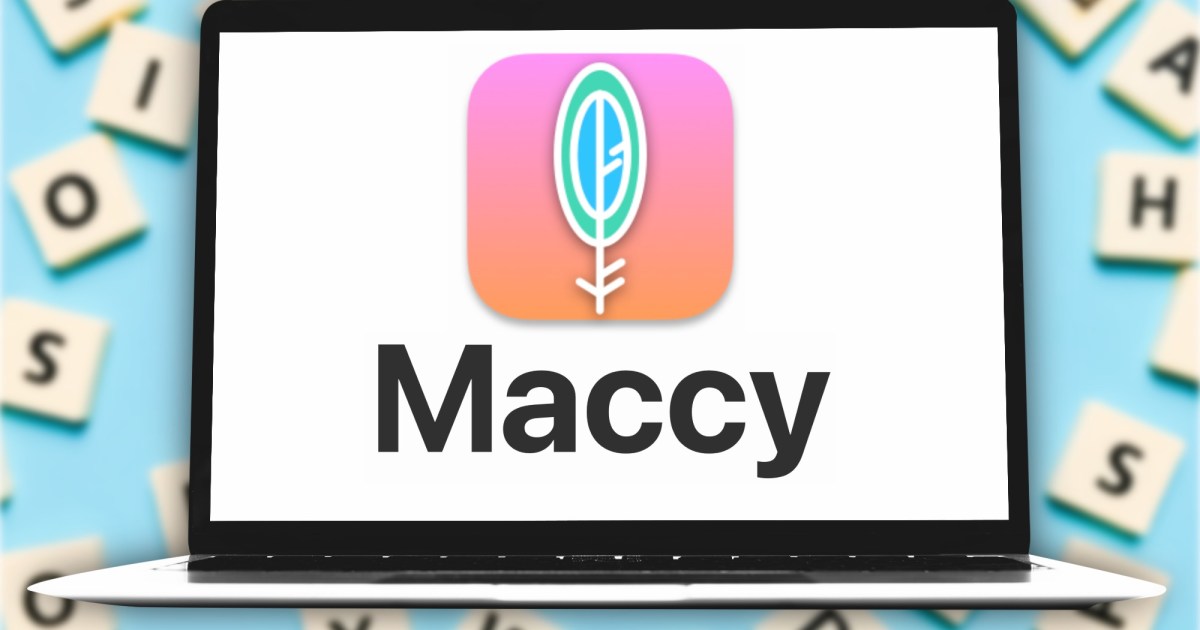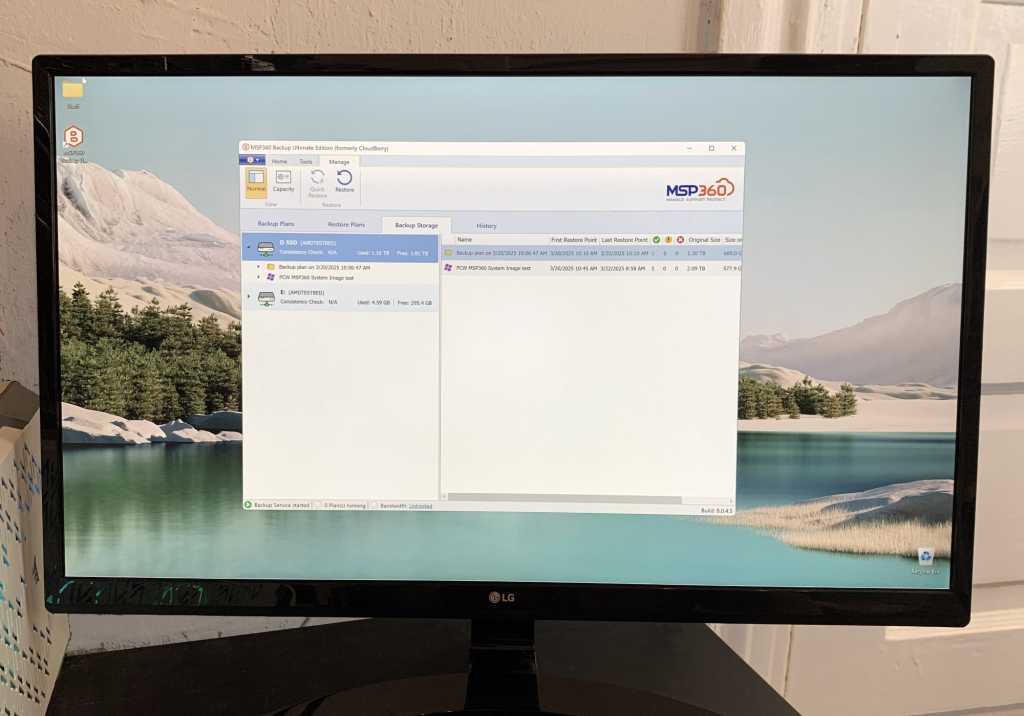The lines between Apple’s iPad and Mac are blurring. With iPads boasting M-series chips, features like Stage Manager, and increasing compatibility with peripherals, many are wondering if a full macOS integration is on the horizon. Bloomberg’s Mark Gurman suggests iPadOS 19 will receive a macOS-inspired overhaul, focusing on productivity, multitasking, and window management. While these improvements are welcome, a complete merger of the two operating systems might be a misstep.
Apple has been steadily bridging the gap between its tablet and computer offerings. The introduction of powerful M-series chips in iPads, coupled with software features like Stage Manager that echo macOS functionality, has fueled speculation about a potential merger. This convergence has been further amplified by the growing compatibility of iPads with mice, keyboards, and trackpads, blurring the traditional lines between tablet and laptop experiences. While some users clamor for a unified operating system, maintaining distinct platforms offers crucial advantages.
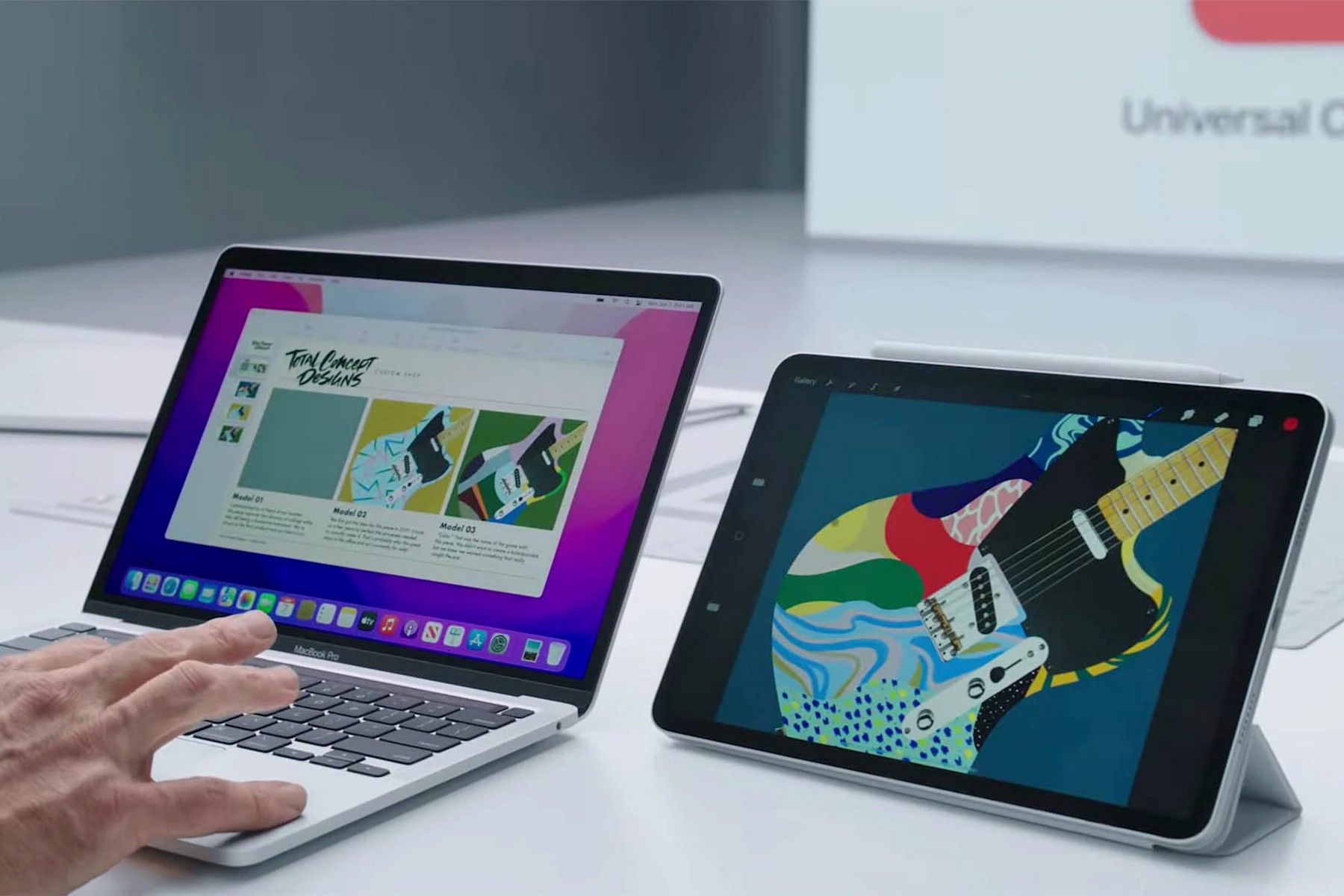 Universal Control between iPad and Mac
Universal Control between iPad and Mac
Gurman’s report highlights Apple’s focus on enhancing the iPad’s productivity capabilities. The anticipated improvements to multitasking and window management are a direct response to power users seeking more robust tools. Currently, features like Stage Manager, while promising, feel somewhat underdeveloped. This lack of refinement underscores the iPad’s ambiguous position—caught between a pure tablet and a full-fledged computer.
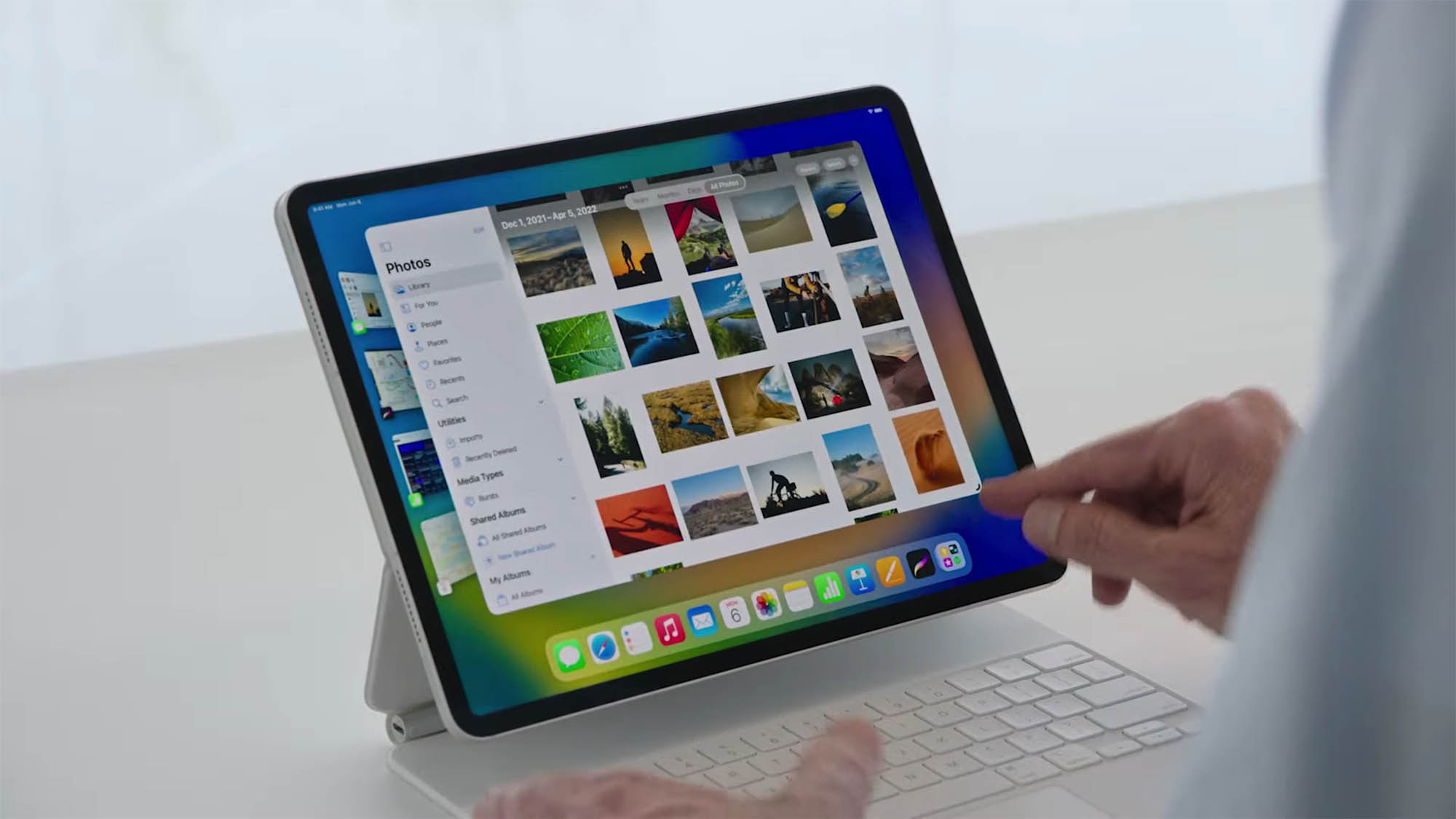 iPad using Stage Manager in iPadOS 16
iPad using Stage Manager in iPadOS 16
While these updates are encouraging, merging iPadOS and macOS entirely presents significant challenges. A key distinction lies in their core interaction paradigms. iPadOS is fundamentally designed for touch input, while macOS prioritizes keyboard and mouse/trackpad control. Although iPad peripheral usage is increasing, touch remains the primary mode of interaction for most users. This fundamental difference necessitates separate operating systems tailored to each device’s strengths.
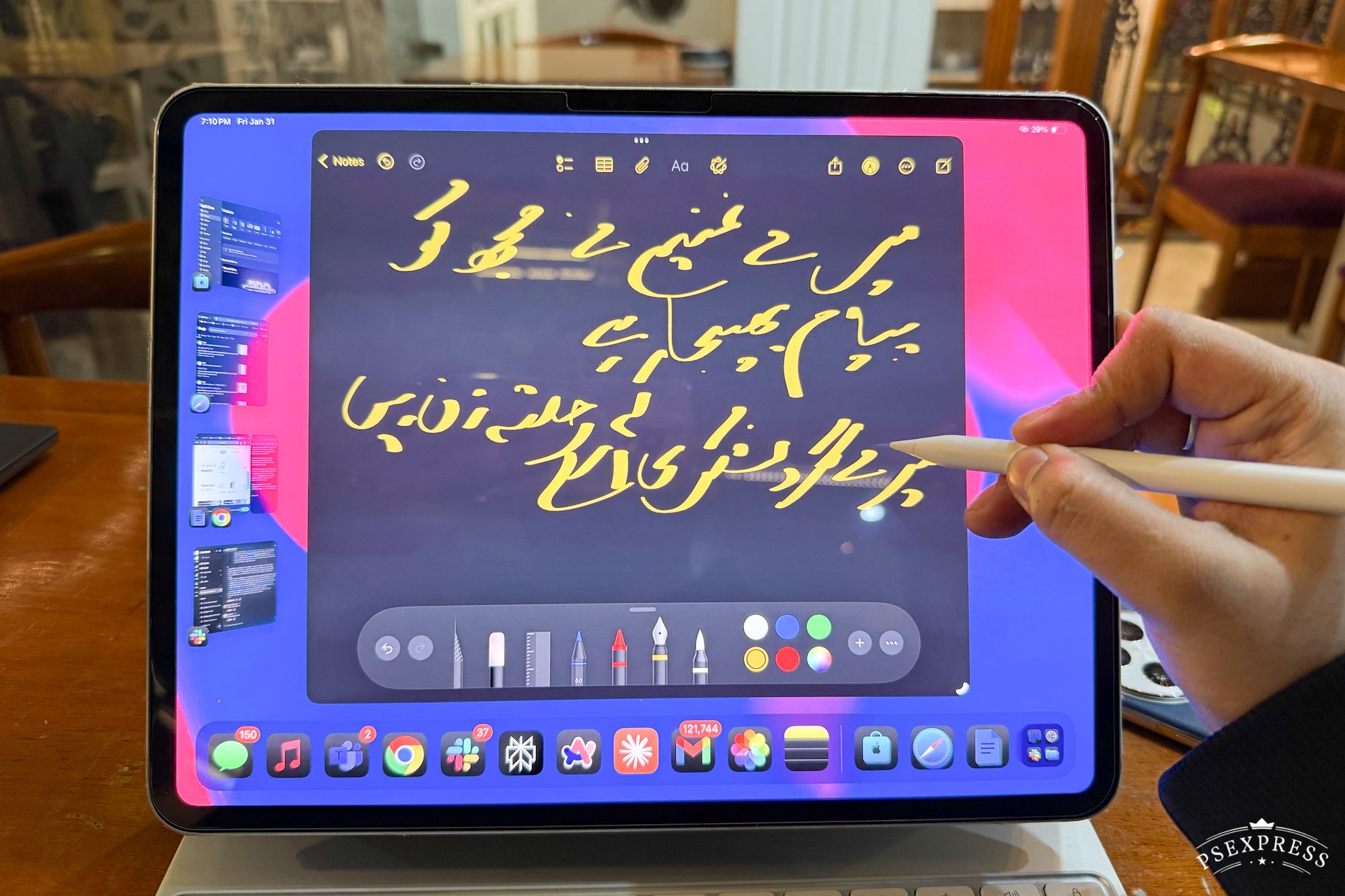 Writing in Arabic script on an M4 iPad Pro with a digital pencil
Writing in Arabic script on an M4 iPad Pro with a digital pencil
Furthermore, a merger risks compromising the unique advantages of both platforms. Apple would face difficult decisions in balancing features and functionalities, potentially resulting in a diluted experience. Maintaining distinct operating systems allows for specialized optimization and avoids the pitfalls of a one-size-fits-all approach.
The upcoming enhancements to iPadOS 19 hold significant promise for improving productivity and workflow. Addressing the shortcomings of existing features like Stage Manager is a crucial step in realizing the iPad’s full potential. However, a complete merger with macOS is unlikely in the near future, and ultimately, this might be the right decision. Preserving the distinct strengths of each platform caters to a wider range of user needs and ensures a more focused and optimized experience.



